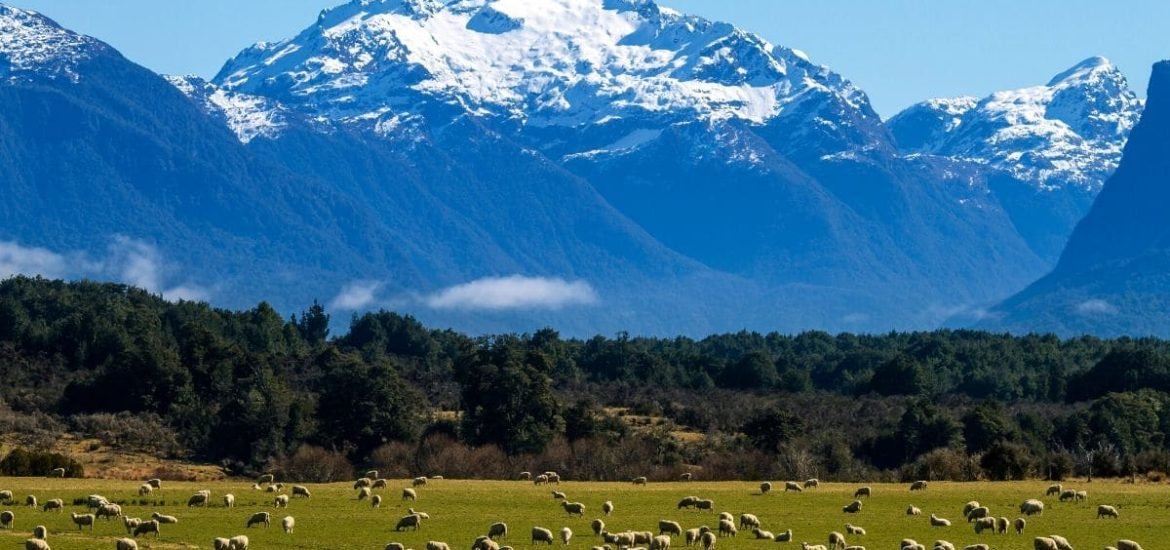
New Zealand has passed a new law to reduce carbon emissions to zero by 2050 in order to meet its obligations under the Paris climate agreement. The zero-carbon bill was passed on 7 November with almost unanimous support (119 votes to one) in the New Zealand Parliament.
“Today we have made a choice that will leave a legacy… I hope means that future generations will see that we, in New Zealand, were on the right side of history,” Prime Minister Jacinda Ardern said in her speech at the third and final meeting about the proposed zero-carbon bill.
The Prime Minister emphasized that New Zealand would be a leader when it comes to climate change rather than a fast follower, “I will not allow this country to be a fast follower because we damage our country, our environment and our exporters if we allow that to happen.”
And as Climate Change Minister, James Shaw pointed out at the meeting, “We’ve led the world before in nuclear disarmament and in votes for women, now we are leading again.”
The measure to cut carbon emissions to zero by 2050 is now a legally binding objective with the aim of fulfilling New Zealand’s commitments to the 2015 Paris target of keeping global warming to well below 1.5 degrees Celsius. Future governments will also be required to adhere to the targets and a newly established Climate Change Commission will be responsible for advising the government on how to plan and budget for the mitigation targets.
The bill itself, which Shaw says provides a framework for meeting these targets, includes two separate plans: one for the methane produced by living organisms and another for all other greenhouse gases.
To achieve zero net emissions, i.e. the amount of emissions produced is equal to the amount absorbed by the atmosphere, the framework stipulates planting a billion trees over the next 10 years and achieving an electricity grid run entirely on renewable energy by 2035.
In addition, the government has pledged, rather less ambitiously, to lower methane emissions by 10 per cent. New Zealand is reliant on the farming industry and nearly half of its total greenhouse gas emissions come from methane-belching cows and sheep.
Although methane only stays in the atmosphere for a short period of time, scientists argue the gas is much more potent than other greenhouse gases and therefore, equally harmful. However, more aggressive targets could push farmers out of business and dramatically impact the country’s foreign income.
Nonetheless, New Zealand’s ‘historic’ zero-carbon bill has been praised by environmental groups as world-leading in its pragmatic approach to climate change.
Just before the bill was passed, Ardern told the Parliament, “We have to start working beyond aspiration. We have start moving beyond signs of hope and deliver signs of action. That is what this government is doing and proudly so.”
The coming climate crisis may be more severe than the current coronavirus pandemic. The global pandemic caused by the coronavirus could eventually be solved with a vaccine, but when the climate and ecological crisis we are facing reaches breaking point, we as mankind have no vaccine in hand.
A growing number of multinational corporations, local governments and countries have committed to achieving net-zero carbon emissions by 2050. A zero-carbon transformation is not only a challenge, but also a huge opportunity to nurture a green economy.
We should see that, before 2050, wind power and solar power will become the new coal for generating power, batteries and hydrogen fuels will be the new oil, and the AIoT operating system will turn into the new power network. Humankind by then will step into a beautiful era of clean energy.